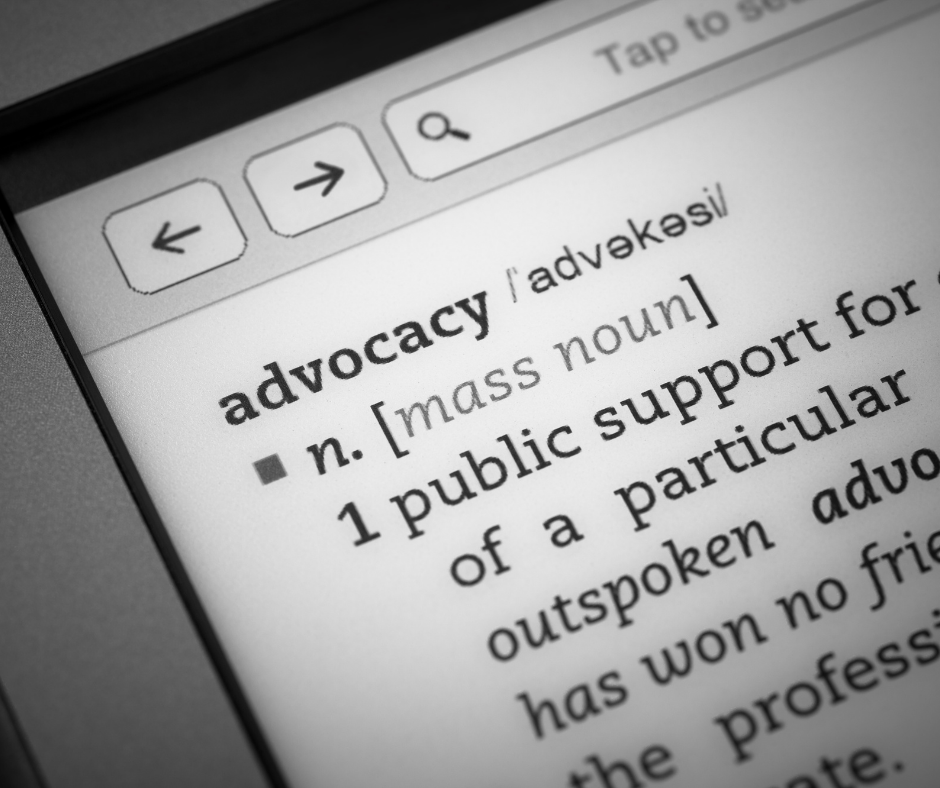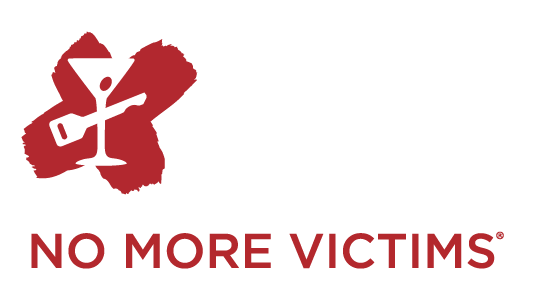Advocacy as a Tool for Healing

Article by Robin M. Stimson, LMSW
MADD is one of the most powerful and influential grassroots organizations in the country, if not the world. For those that have suffered from a loss, grief is experienced in waves. It is common for MADD Mid-Atlantic Victim Services to work with families at different points after the crash. In addition, most will try to compartmentalize the grief. They may want to hold off on taking care of themselves in order to preserve energy for the criminal justice phase.
Survivors of substance-impaired driving crashes have first-hand knowledge of how the criminal justice phase can be equally exhausting and re-traumatizing. Sadly, at the conclusion of a sentencing or trial, victims who once hoped they would feel better, or have gained a sense of closure, are left disillusioned by the process and result. Survivors are then left trying to put their lives back to together. Advocacy with MADD can feel like a natural and logical progression on a healing journey. They may begin to ask themselves, “What’s next?” Or, “Who am I now?”
If and when a victim is ready to turn Pain into Purpose, they can move forward knowing that advocacy can be a beneficial tool for their healing. Studies show that volunteering for a good cause can boost mental well-being and happiness. The study, commissioned by UnitedHealth Group, found that most people felt mentally and physically healthier after a volunteer experience, mostly in relation to mood improvement, lower stress levels, and an enhanced sense of purpose. MADD victims are passionate and compelled to make sure no one else goes through the type of loss that they have. Mission-minded work provides survivors an opportunity to channel their energy and belief that the loss of their loved one(s) wasn’t in vain. It can also help individuals stay singularly focused on an issue, instead of the pain. In addition, the act of putting yourself out there takes courage.
Courage is a muscle and requires practice. But like anger, it can be used as motivation and fuel to change the local communities. Gaining perspective and understanding can present us with a path to move forward on their journey and not become stuck. Those trying to heal from a loss should be reminded that as they continue to live life without the person, thing, or situation they once had, they will evolve into a different version of themselves – and that’s okay.
MADD Mid-Atlantic knows we would not be the strong region that we are without the incredible individuals and families that have volunteered to join us in the fight to end drunk and drugged driving. Our entire staff is trained to understand the impact and characteristics of traumatic loss. When and if you decide to get involved, an important factor to consider is timing. Not only does it take time to realize how to support a cause, but also to be honest with yourself on how long you can dedicate to tasks. Volunteering with MADD Mid-Atlantic is not all public speaking, networking, or responding to media requests. There are many ways to provide support. We prioritize meeting people where they are and would want your time with us to be rewarding and emotionally safe.
For more information on how to get involved, or for resources and support, feel free to contact me at [email protected] or Alisa O’Neill at [email protected].
